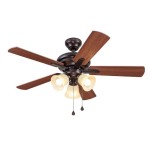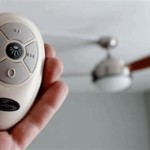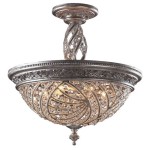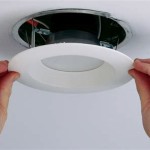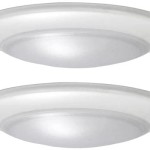Ceiling Light Connectors: Essential Aspects for Optimal Lighting
Ceiling light connectors play a critical role in ensuring the safe and efficient operation of ceiling lights. These connectors establish a reliable electrical connection between the light fixture and the power source, enabling proper illumination and preventing potential hazards.
This article delves into the essential aspects of ceiling light connectors, exploring their design, functionality, and safety considerations. By understanding these key elements, homeowners, electricians, and lighting professionals can select and install connectors that meet the specific requirements of their lighting systems.
Design and Functionality
Ceiling light connectors typically consist of two main components: a male plug and a female receptacle. The male plug is mounted on the light fixture, while the female receptacle is connected to the electrical wiring in the ceiling. When the two components are mated, they form a secure electrical connection.
The design of ceiling light connectors varies depending on the type of light fixture and the electrical wiring system used. Some connectors feature a simple twist-and-lock mechanism, while others require the use of screws or other fasteners. It is important to choose connectors that are compatible with the light fixture and the electrical system to ensure a secure and reliable connection.
Safety Considerations
Ceiling light connectors must meet stringent safety standards to prevent electrical hazards. The connectors should be made of high-quality materials that can withstand heat and electrical stress. They should also be properly insulated to prevent electrical shocks.
It is essential to follow the manufacturer's instructions when installing ceiling light connectors. Improper installation can lead to loose connections, sparking, and even electrical fires. If you are not comfortable installing ceiling light connectors yourself, it is best to consult with a qualified electrician.
Choosing the Right Connector
When choosing ceiling light connectors, there are several factors to consider:
- Light Fixture Type: Different types of light fixtures require different types of connectors.
- Electrical Wiring System: The type of electrical wiring system used in your home will determine the type of connectors you need.
- Wattage and Voltage: The wattage and voltage of the light fixture will determine the amperage rating of the connectors required.
- Safety Features: Look for connectors with safety features such as insulation and heat resistance.
Conclusion
Ceiling light connectors are essential components of any lighting system. By understanding their design, functionality, and safety considerations, you can choose and install connectors that meet the specific requirements of your lighting system. By ensuring proper electrical connections, you can enjoy the benefits of safe and reliable lighting while minimizing the risk of electrical hazards.

Inside The Circuit Pendant Lighting Light Switch Wiring Homeowner Faqs

How To Install A Ceiling Light Fixture Diy Family Handyman

How To Install A Ceiling Light Fixture Diy Family Handyman

How To Install A Ceiling Light Fixture Diy Family Handyman

How To Install A Ceiling Light Fixture Diy Family Handyman

How To Install A Light Fixture Diy Home Improvement

Next Glow Ultra Slim Luxurious Edge Lit 6 5 In Round White 4000k Led Easy Installation Ceiling Light Flush Mount 1 Pack Ng2064 The Home Depot
How To Hardwire A Light Fixture Beautiful Mess

Run Bison 4 In 90 Cri 2700k 5000k 5cct Selectable And Dimmable Integrated Led Recessed Ceiling Light Disk Ht G2d3d 4c 12w 927 1 51 The Home Depot

Jim Lawrence Pendant Lights Fitting Guide
Related Posts

